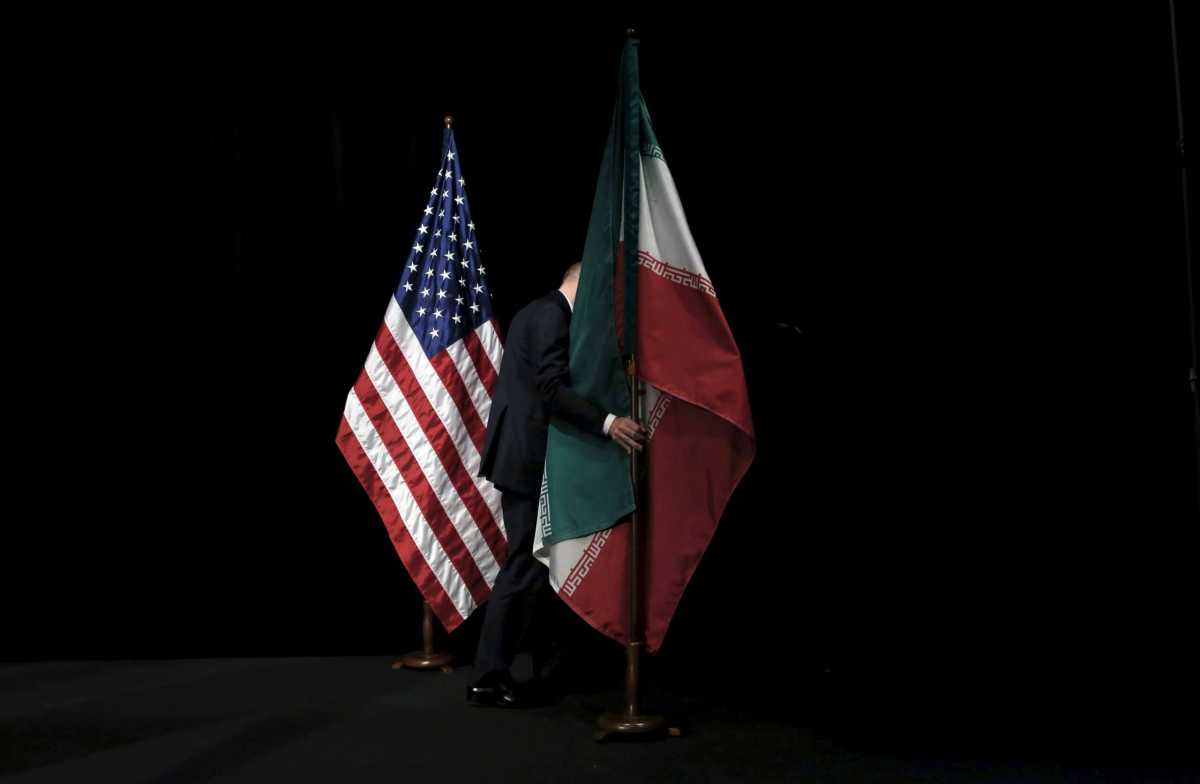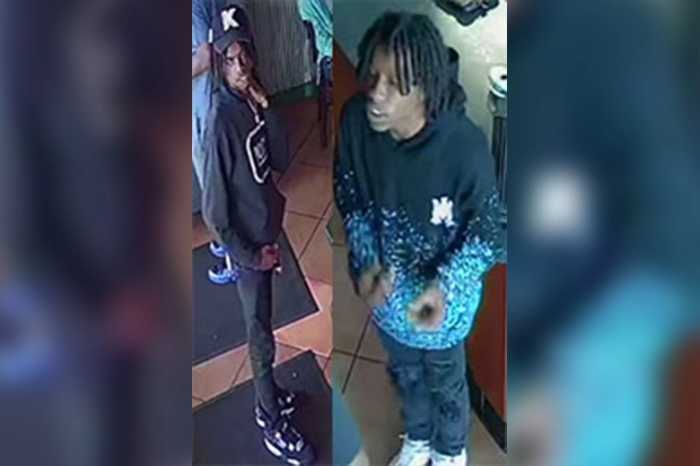Government analysts and private sector investigators were able to rapidly attribute to Iranian hackers a wave of thousands of threatening emails aimed at U.S. voters because of mistakes made in a video attached to some of the messages, according to four people familiar with the matter.
Those failures provided a rare opportunity for the U.S. government to identify and publicly announce blame for a malicious cyber operation in a matter of days, something that usually requires months of technical analysis and supporting intelligence.
“Either they made a dumb mistake or wanted to get caught,” said a senior U.S. government official, who asked not to be identified. “We are not concerned about this activity being some kind of false flag due to other supporting evidence. This was Iran.”
Attribution to Iranian hackers does not necessarily mean a group is working at the behest of the government there. Iranian officials denied the U.S. allegations.
“These accusations are nothing more than another scenario to undermine voter confidence in the security of the U.S. election, and are absurd,” said Alireza Miryousefi, spokesman for Iran’s mission to the United Nations in New York.
On Wednesday, U.S. Director of National Intelligence John Ratcliffe said Russia and Iran have both tried to interfere in the campaign for the Nov. 3 election. U.S. intelligence agencies are still analyzing exactly who in Iran commanded the operation and its intent, three of the sources said.
Within hours of the video being circulated this week, which purported to come from a American far-right group known as The Proud Boys, intelligence officials and major email platform providers, such as Alphabet Inc’s Google and Microsoft Corp, began closely analyzing computer code that appeared in the hackers’ video.
While the emails, which demanded that voters change their party affiliation to the Republic Party and vote for President Donald Trump or “we will come after you,” appeared to come from info @officialproudboys[].com, the address was inauthentic, security analysts said. In a statement to CNN, a Proud Boys spokesman said it “is definitely not” his group.
How security analysts used intelligence from the video to attribute the email scheme has not been previously reported.
A Microsoft spokesperson declined to comment on the company’s collaboration with law enforcement. A Google statement on Wednesday night said the activity was “linked to Iran.” A Google spokesperson said on Thursday the company was in contact with the FBI.
The hackers were unable to obfuscate all of the incriminating information despite their attempts to blur aspects of the video to hide their identity, the sources said.
The video showed the hackers’ computer screen as they typed in commands to purportedly hack a voter registration system. Investigators noticed snippets of revealing computer code, including file paths, file names and an internet protocol (IP) address.
Security analysts found that the IP address, hosted through an online service called Worldstream, traced back to previous Iranian hacking activity, the sources said.
Analysts then cross-referenced those clues left in the video with data from other intelligence streams, including communications interceptions, the government official said.






























